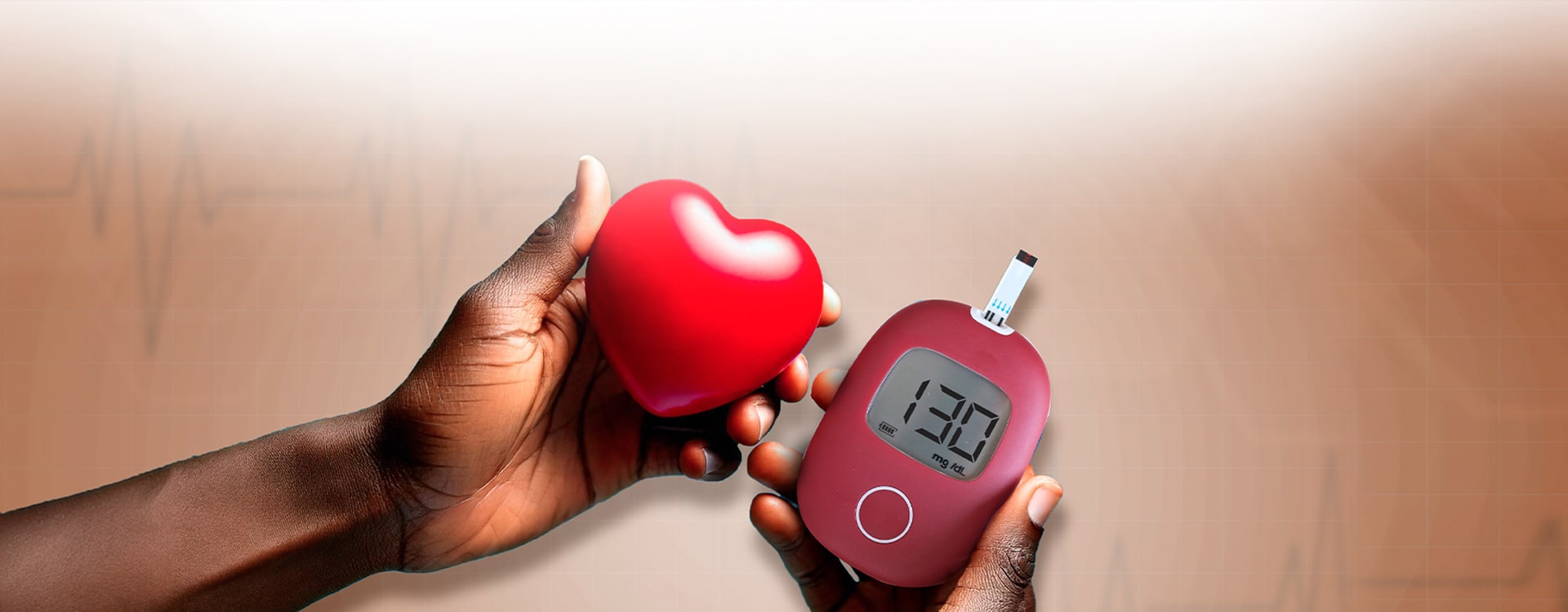
Did you know your heart has an age too?
Try our heart calculator!

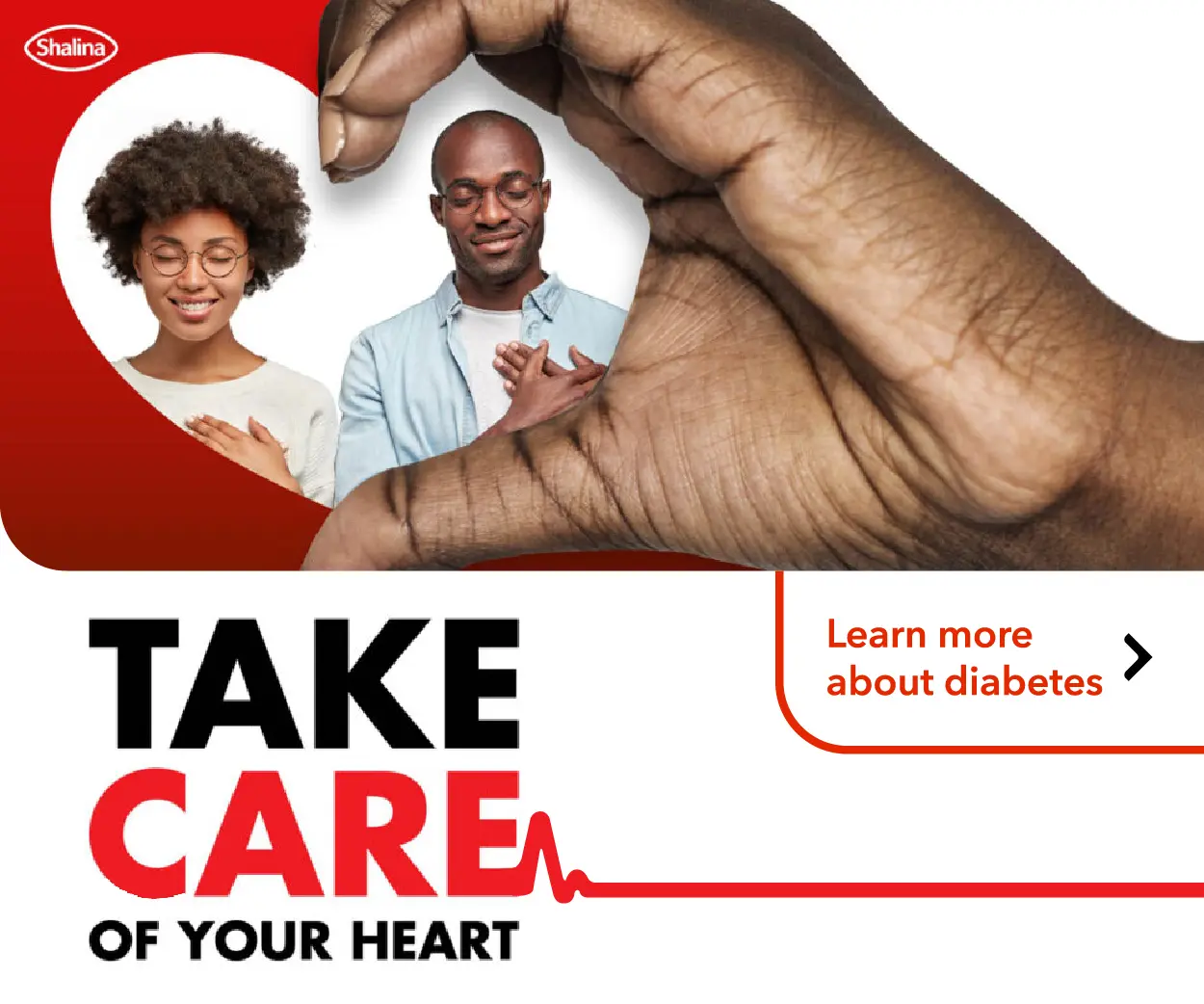
Did you know your heart has an age too?
Try our heart calculator!
AIM to embrace healthy habits to protect your heart health.

Know More About Your Heart
Health Articles

Numbers to know for a healthy heart
Shortness of breath? “I am just unfit”.
Neck pain? “It’s just bad posture”.

Should I be worried about heart disease
Do you suffer from high cholesterol, High blood pressure or obesity? Do you feel that your numbers are too high?

De-stress to help your heart
Do you know that a happier you means a healthier heart? High levels of stress and anxiety can eventually lead to high blood pressure, as well as behaviours that could contribute to heart problems.
Most of us feel stressed occasionally. That’s ok!
Heart Health Game
Heart Health Education

Overview and Prevention of Stroke

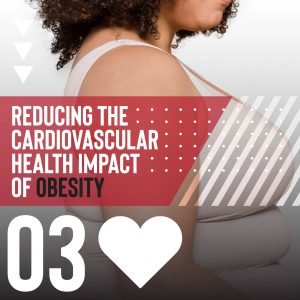


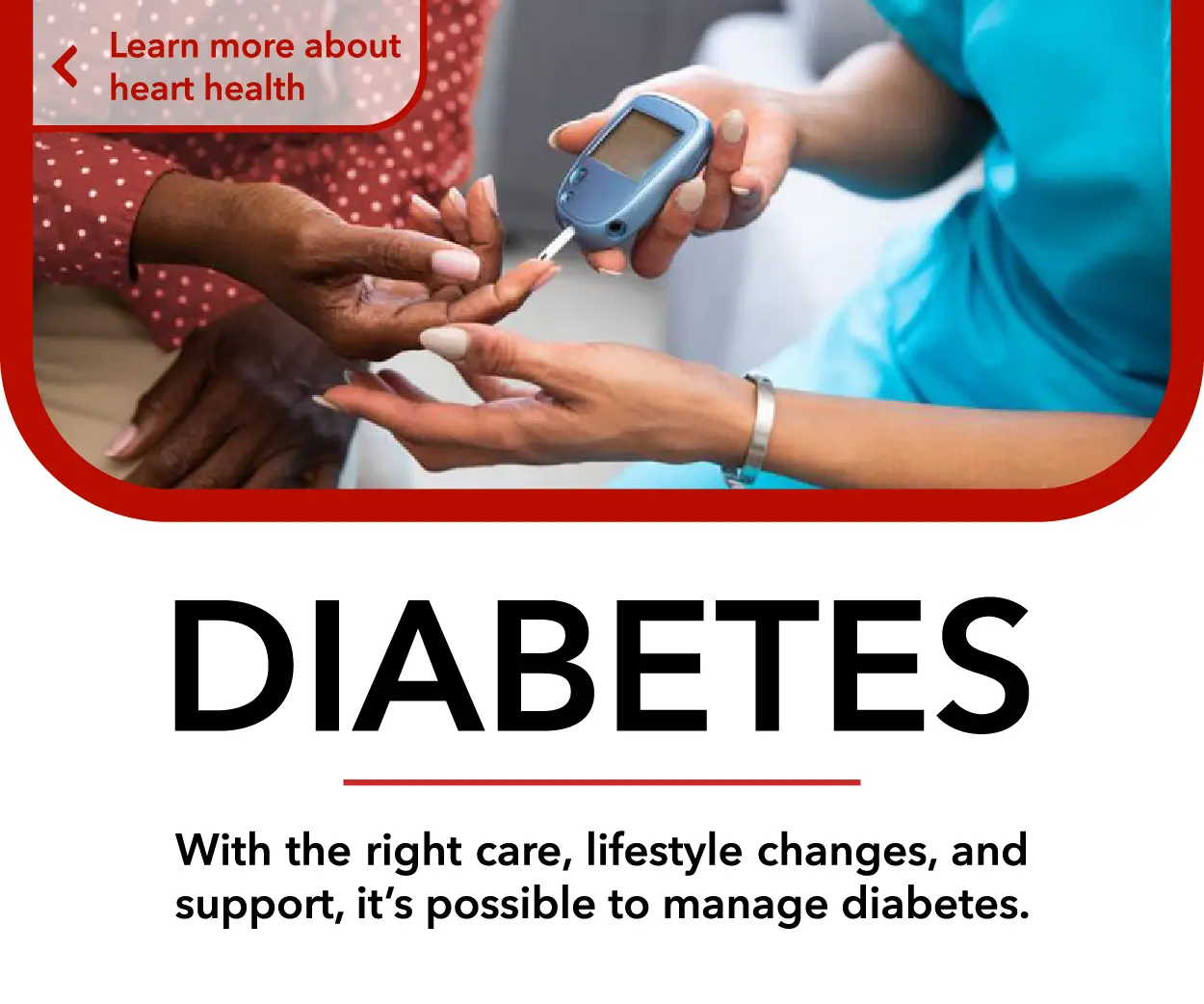
Diabetes in Africa
Diabetes is on the rise in Africa, with millions of people affected, and the numbers are expected to keep growing . Unfortunately, many people don’t even realize they have diabetes, making it harder to manage and leading to potential complications.
By learning to recognize the early signs and getting tested regularly, you can take control. With the right care, lifestyle changes, and support, it’s possible to manage diabetes effectively and improve overall well-being, helping more people live healthier, fuller lives despite the challenges of the condition.

What is Diabetes
Diabetes means that your blood glucose (sugar) is too high. It is a long-lasting health condition that affects how your body turns food into energy.
Risk factors of developing Diabetes

Being 45 years or older
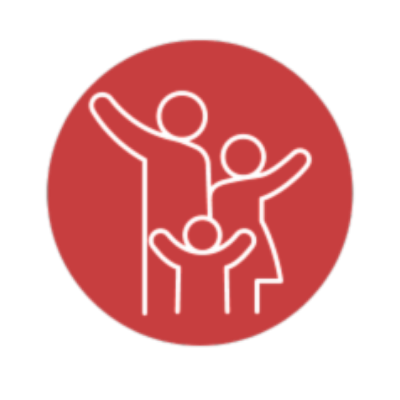
Family history of diabetes

Diabetes during pregnancy

Asian or African origin
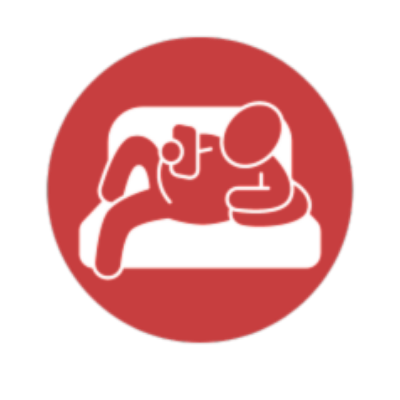

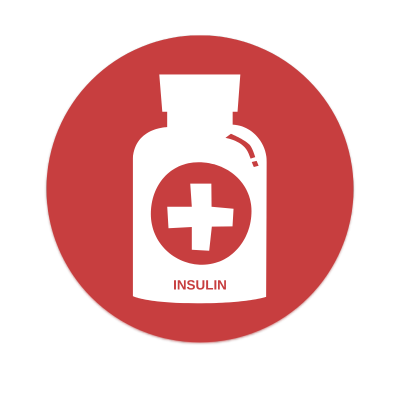
Prediabetes (fasting blood sugar: 110-125 mg/dl)

Asian or African origin
Risk factors of developing Diabetes

Being 45 years or older

Family history of diabetes

Diabetes during pregnancy

Asian or African origin

Reduced physical activity


How blood glucose is measured
Understanding blood glucose levels
UNDER
72
mg/dL
Too Low
FROM
72-126
mg/dL
Healthy Target
OVER
126
mg/dL
Too High
Fasting Blood Sugar (mg/dL)
Testing your levels
Symptoms

Feeling very thirsty

Weight loss without trying to lose weight

Tingling in your feet or hands

Needing to urinate often

Blurred or unclear vision

Always feeling tired

Feeling very thirsty

Weight loss without trying to lose weight

Tingling in your feet or hands

Needing to urinate often

Blurred or unclear vision

Always feeling tired
What if I've been diagnosed with type 2 diabetes?
Your Guide to Staying on Track with Your Medication

Why Your Medication is Important
Your medication is key to manage your condition, and it helps in keeping the blood sugar under control. Talk to your healthcare provider about options that make it easier, like taking fewer doses or combining medications.

Overcoming Forgetfulness
Set an alarm or reminder on your phone to help you remember your doses.
- Use a pill organizer to keep track of what you’ve taken.
- Try taking your medication at the same time each day.

Get Support from Others
Ask a family member or friend to remind you about your medication
Follow Up with Your Healthcare Team
Don’t hesitate to ask questions or share any concerns during your appointments.Common myths and facts of diabetes

Fact: People with diabetes need to eat a diet that is balanced, which can include some sugar in moderation. Better save it for special occasion. However, its good to avoid foods that are high in fat, sodium, and sugar.
Fact: Diabetes can occur in both normal/under weight and overweight/obese individuals
Fact: Its true that people with family history of diabetes are more prone to develop diabetes but many people with diabetes have no family history of diabetes so it can happen to anyone
Fact: People with diabetes should take part in exercise to maintain a healthy lifestyle. Consult your doctor before taking part in any sport activity
Fact: Type 2 diabetes is progressive and gradually, diet, lifestyle and oral medicines may not be enough to keep your blood glucose in control. In this case you may need insulin
Articles
Our Products

Shalina Aspirin

Shalspirin CV Tablet

Vildishal Tablet

Gliben Tablet

Gliben M Tablet

Shalformin XR Tablet

Shalformin Tablets

Shalgli-M Tablet

Shalgli Tablet

Vildishal-M Tablet

Amlox Tablets













